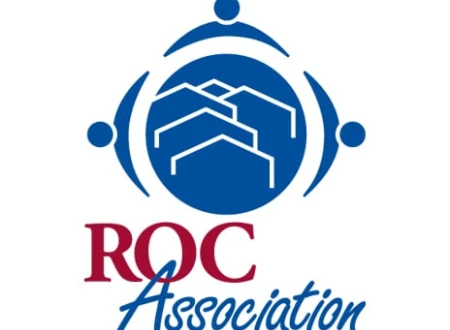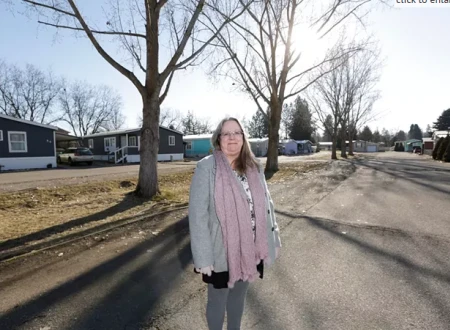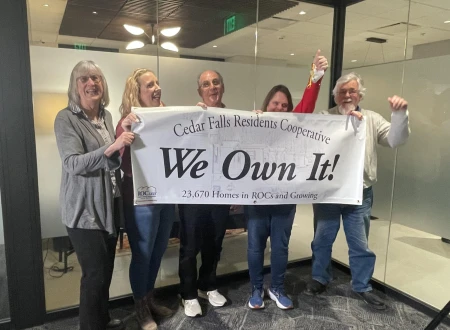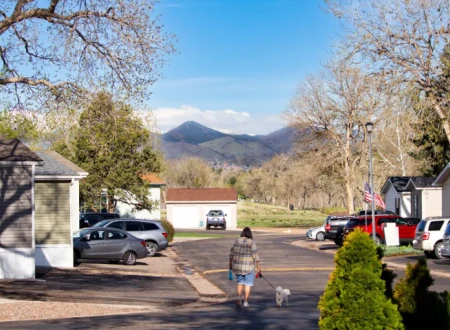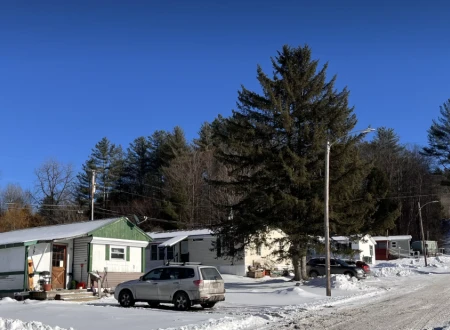
Manufactured homes, which the Biden administration has described as a “vital source of affordable housing,” make up about 10% of new single-family home starts in the U.S. annually. These modern versions of mobile homes are built to robust federal quality and durability standards that meet or exceed requirements for site-built homes but cost much less per square foot to build. However, financing denial rates for manufactured units are far greater than for site-built ones, presenting barriers to homeownership even for well-qualified buyers.
To illuminate the nature of and reasons for these higher denial rates, The Pew Charitable Trusts commissioned research from the University of North Carolina’s Center for Community Capital. The study, “Is Manufactured Home Financing Hard to Get? An Exploratory Analysis of Home Purchase Loan Applications,” used descriptive statistics and multivariate analysis to compare denial rates for manufactured versus site-built home loan applications. It examined variations across loan types, specifically between mortgages—real estate loans that finance the land and structure together—and personal property loans, which finance the purchase only of the home and not the land beneath it. The analysis found that, among applications that borrowers had filled out in full and could be evaluated by an underwriter, lenders denied those for the purchase of manufactured homes nearly eight times more often (54%) than those for site-built units (7%).


